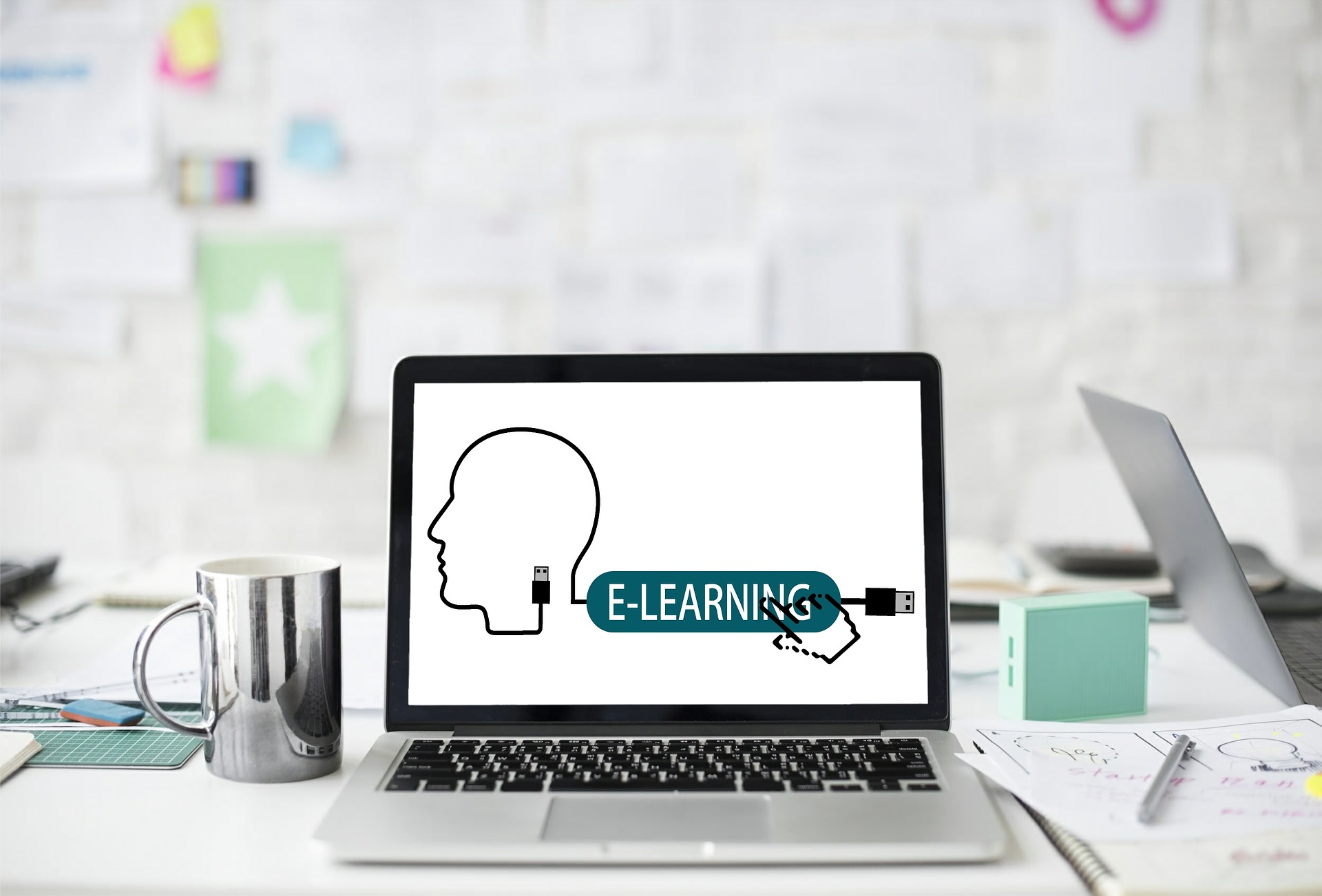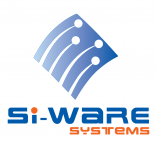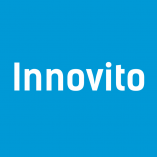Next Technology Leaders: Is it just about capacity building?

With the emergence of Information Revolution in the early 1970s, technological progress had a strong impact worldwide unlike previous revolutions, according to Lechman in his research titled “ICT Diffusion in Developing Countries: Towards a New Concept of Technological Takeoff”, published in Springer in 2015, where, for economies that are still developing, the Information Revolution has been described as ‘a tsunami rather than a new technological wave’ as described by Hanna in his research titled “Transforming government and building the information society: Challenges and opportunities for the developing world” published by Springer in 2010. As technology is supposed to make our lives easier, this implies that innovation tools have become more accessible, affordable, convenient, and effective which simply means that implementing a new idea has become easier.
In order to cope with this revolution, developing countries must have adequate telecommunication infrastructure, in addition to effective plans for knowledge sharing and acquisition throughout the population. Egypt's Internet penetration rate grew from less than one percent in 2000, to 5% in 2004, 24% in 2009, according to ITU, and 54.6% in 2014 according to Kamel in his research paper “Electronic commerce in Egypt” published in Springer in 2015.
The Egyptian government is working on various tracks to enhance and develop access to information and knowledge for all segments of society, through efforts related to, among other areas, public domain information, official information, public access points, free and open-source software, capacity building, and digital library and archive services according to WSIS, amcham, MCIT Egypt’s ICT Strategy, and ITU. These efforts are aiming to expand and improve Egypt’s information society, increase the reach and uptake of e-government, motivate using and developing ICT applications and services in business, particularly by SMEs
Among its efforts for capacity building among young calibers, Egypt has launched its national initiative, Next Technology Leaders. The program provides a variety of fully subsidized learning tracks in emerging technologies through Massive Open Online Courses (MOOCs) offered by leading platforms such as Coursera, Edx, and Udacity. The program is managed by the Technology Innovation and Entrepreneurship Center (TIEC), affiliated with the IT Industry Development Agency (ITIDA). A special feature about the program is providing a hybrid learning model by providing physical study groups supervised by mentors in parallel to the main online learning. Hence, creating a blended learning experience and combining the benefits of self-learning, such as independence, with those of class learning such as teamwork in projects.
But what benefit is of the program beyond earning a certificate from a renowned university or helping to find a job in a traditional way? That’s the gain[1] which technology offers to anyone who understands and adopts it by providing ready to use innovation tools in the form of computing resources and a set of business use cases and software development kits to facilitate implementing user’s ideas. For example, in Blockchain technology, all what is needed to start using it, besides a tablet or PC, is understanding the software protocols which govern its network i.e. learn how to use blockchain opensource projects e.g. Hyperledger, Cord, Quorum, and use a cloud-based program to save the user’s digital key.
Another example, Cloud computing, which simply allows for provisioning computing resources and infrastructure. In this technology, it is essential to know the different implementation models to choose from based on the user’s application, privacy, payment model, data reliability, and scalability.
Choosing a technology, learning and adopting it should become part of an entrepreneur’s passion. It provides a variety of tools to implement in a world full of ideas





































































EgyptInnovate site is not responsible for the content of the comments